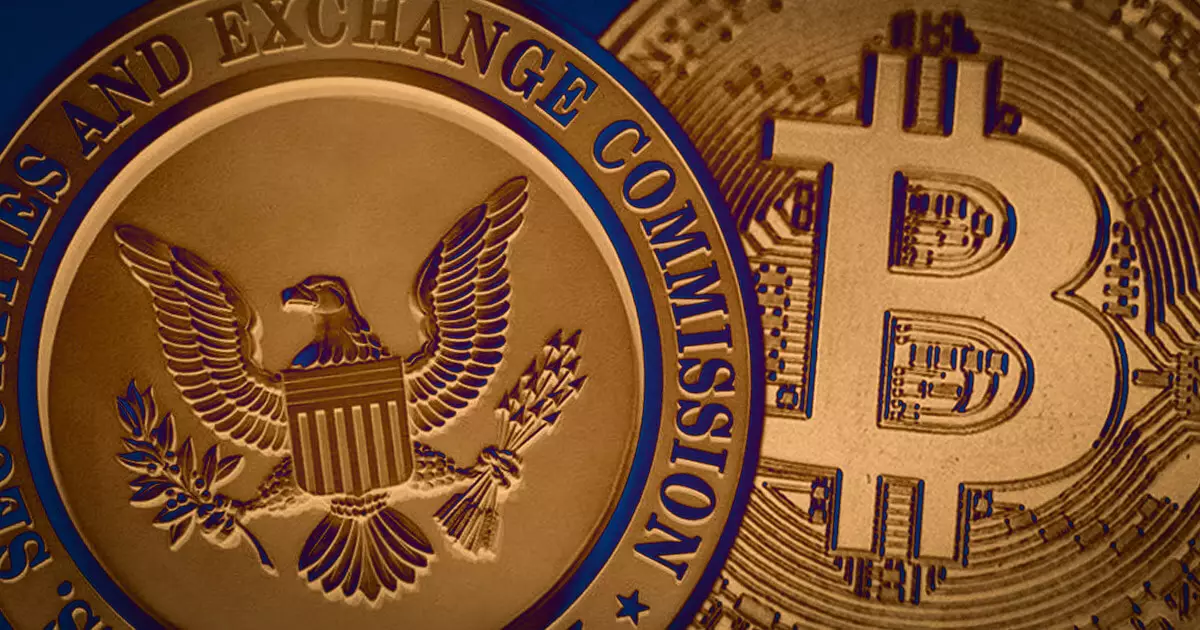In the world of cryptocurrency regulation, there has been a significant shift in the Securities and Exchange Commission’s (SEC) stance since former SEC attorney John Reed Stark began writing about the subject in 2017. Stark believes that the SEC, under the chairmanship of Gary Gensler, is unlikely to approve a Bitcoin spot ETF application due to concerns surrounding fraud prevention and investor protection. This issue, according to Stark, has evolved into a partisan divide within the SEC, as evidenced by the agency’s crypto crackdown initiated by former Republican-appointed SEC Chair Jay Clayton.
The Impact of the 2024 U.S. Presidential Election
One factor that may have an impact on the regulatory landscape is the upcoming 2024 U.S. presidential election. Stark predicts that if a Republican is elected, there will be a significant decrease in the SEC’s crypto-enforcement efforts. This potential reduction in enforcement could lead to a more crypto-friendly environment, with the SEC becoming more receptive to approving a Bitcoin spot ETF. Additionally, it may open the door for other significant crypto-friendly regulatory actions to take place.
The SEC, as an independent federal agency, is subject to leadership changes following presidential elections. If a Republican is elected, Hester Peirce, who has been referred to as the “crypto-mom” by Stark due to her support of cryptocurrencies, could become the acting Chair. This change in leadership could significantly impact the SEC’s stance on cryptocurrencies, as Peirce has a lengthy record of dissent towards most crypto-related SEC actions.
Stark also referenced a letter from Better Markets to the SEC, which outlined several concerns with the proposed rule changes that would allow the listing and trading of spot Bitcoin ETFs. One of the concerns raised is the potential for market manipulation in the Bitcoin market, including allegations of “wash trading” to create false volumes. Better Markets argued that the proposed surveillance-sharing agreements with trading platforms like Coinbase are insufficient to detect manipulation, as Coinbase represents only a small portion of global Bitcoin trading.
Another concern highlighted by Better Markets is the concentrated ownership of Bitcoin, with 50 miners controlling half of the mining capacity and the top 10,000 Bitcoin wallets owning 27% of all Bitcoins. This concentration of ownership presents a risk to the market and investors.
The Influencing Factors on SEC’s Decisions
Stark asserts that the SEC’s decisions on Bitcoin ETFs and related regulatory issues are likely to be influenced by various factors. Internal politics within the agency, the broader political landscape, and ongoing concerns about market manipulation and investor protection all play a role. As it stands today, Stark does not believe that a spot Bitcoin ETF will be approved without changes to the regulatory landscape.
The SEC’s current chairmanship under Gary Gensler indicates a strict stance on approving a Bitcoin spot ETF. The agency’s concerns regarding fraud prevention and investor protection, combined with the evolving partisan divide within the SEC, contribute to the unlikelihood of approval. However, the upcoming 2024 U.S. presidential election could bring about significant changes in crypto regulation, depending on the outcome. The potential decrease in crypto-enforcement efforts under a Republican-led SEC may create a more favorable environment for a Bitcoin spot ETF approval. Nonetheless, the concerns raised by Better Markets surrounding manipulation in the Bitcoin market and concentrated ownership of the cryptocurrency are valid considerations for the SEC. Ultimately, the future of Bitcoin ETFs and related regulatory issues will be determined by a complex interplay of politics and market factors.


Leave a Reply